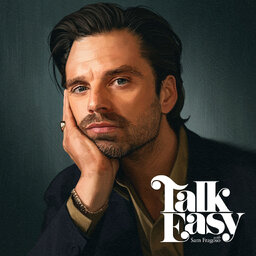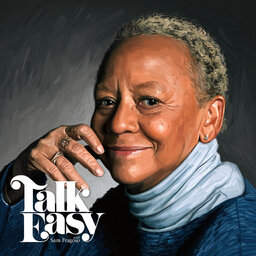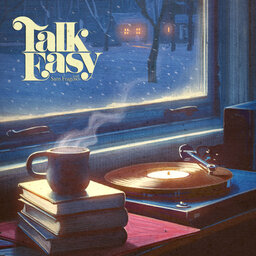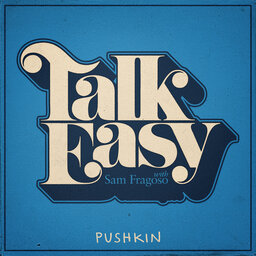Ta-Nehisi Coates (‘The Message’) is Live in Los Angeles
On the heels of his latest book The Message, author Ta-Nehisi Coates joins Sam for a conversation in Los Angeles.
At the top, we discuss how his Atlantic piece The Case for Reparations guided these three new essays (6:10), Coates’ early education growing up in West Baltimore (14:57), and his powerful dispatches from South Carolina (22:00) and the Middle East (29:30).
On the back-half, Coates unpacks why he believes the mainstream media prioritizes “factual complexity over self-evident morality” (37:47), his advocacy for Palestinian journalists (39:20), and his reflections about the U.S. election (47:28). To close, a formative passage from James Baldwin's The Lost Generation (52:38) and a story about love and writing (57:45).
Thoughts or future guest ideas? Email us at sf@talkeasypod.com.
In 1 playlist(s)
Talk Easy with Sam Fragoso
Talk Easy with Sam Fragoso is a weekly series of intimate conversations with artists, activists, and…Social links
Follow podcast
Recent clips

The Year of Actor Sebastian Stan (‘The Apprentice’)
1:16:35

Remembering Poet Nikki Giovanni
44:21

Talk Easy in 2024: A Mixtape
58:40
 Talk Easy with Sam Fragoso
Talk Easy with Sam Fragoso